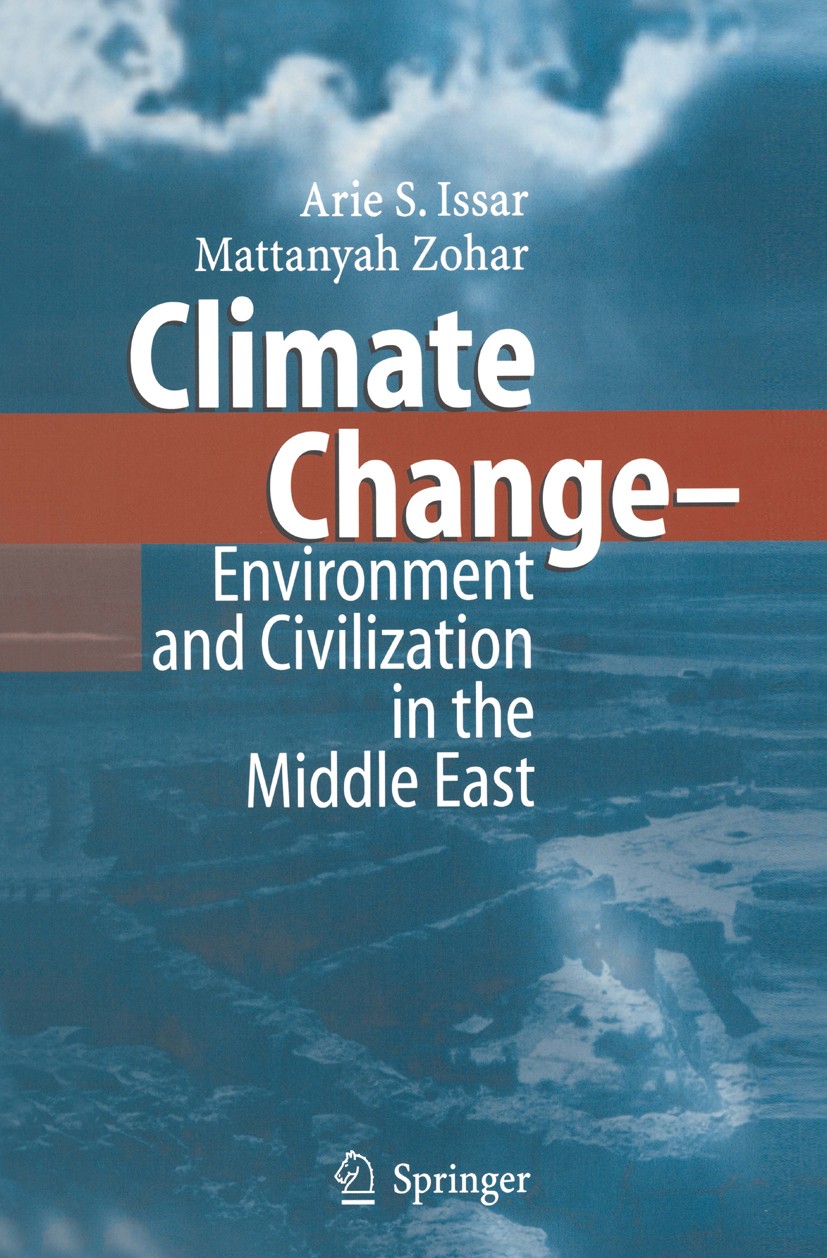| 书目名称 | Climate Change - Environment and Civilization in the Middle East | | 编辑 | Arie S. Issar,Mattanyah Zohar | | 视频video | http://file.papertrans.cn/228/227554/227554.mp4 | | 概述 | Surveys the old and new data and widens the scope of the study to the history and archaeology of all countries of the Near East from Iran to Anatolia to Egypt since the last Glacial Period to the pres | | 图书封面 |  | | 描述 | We live in an early stage of an interglacial period, which began some fifteen thousand years ago - a warming trend which, with the extreme ups and downs, is . still gaining momentum. There is little doubt that, sometime in the foreseeable future, the global climate will inexorably become much warmer l and many regions, such as the Near East, will become much drier. We even accelerate this process by recklessly pumping carbon dioxide from fossil fuels into the atmosphere. And if that is not enough - industrial, agricultural and disease-ridden human waste unfit for consumption will increasingly pollute the diminishing few remaining water resources. By now, we fully realize the disastrous consequences of what we do, and yet go on doing it. So what about the "Intelligence of the Homo sapiens" about which we read in our books? Obviously, one of the qualities of intelligence is the capacity to forecast the future on the basis of past experience. Since writing was invented and important or mundane matters were recorded in our region, many stories about disasters emerging either from shortage or superabundance of water are found. The one, as well as the other, often decided the fate of anc | | 出版日期 | Book 20041st edition | | 关键词 | Aridization; Civilization; Evolution; Geoecology; Physical Geography; Regional Geography; Sediment; anthrop | | 版次 | 1 | | doi | https://doi.org/10.1007/978-3-662-06264-7 | | isbn_ebook | 978-3-662-06264-7 | | copyright | Springer-Verlag Berlin Heidelberg 2004 |
The information of publication is updating

|
|
 |Archiver|手机版|小黑屋|
派博传思国际
( 京公网安备110108008328)
GMT+8, 2026-1-27 16:56
|Archiver|手机版|小黑屋|
派博传思国际
( 京公网安备110108008328)
GMT+8, 2026-1-27 16:56


